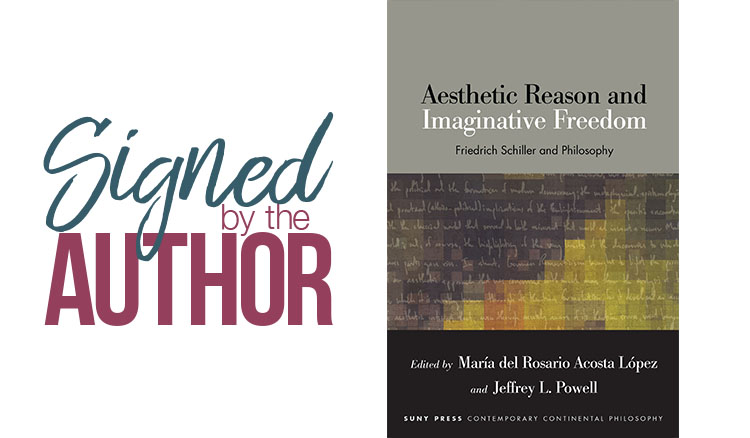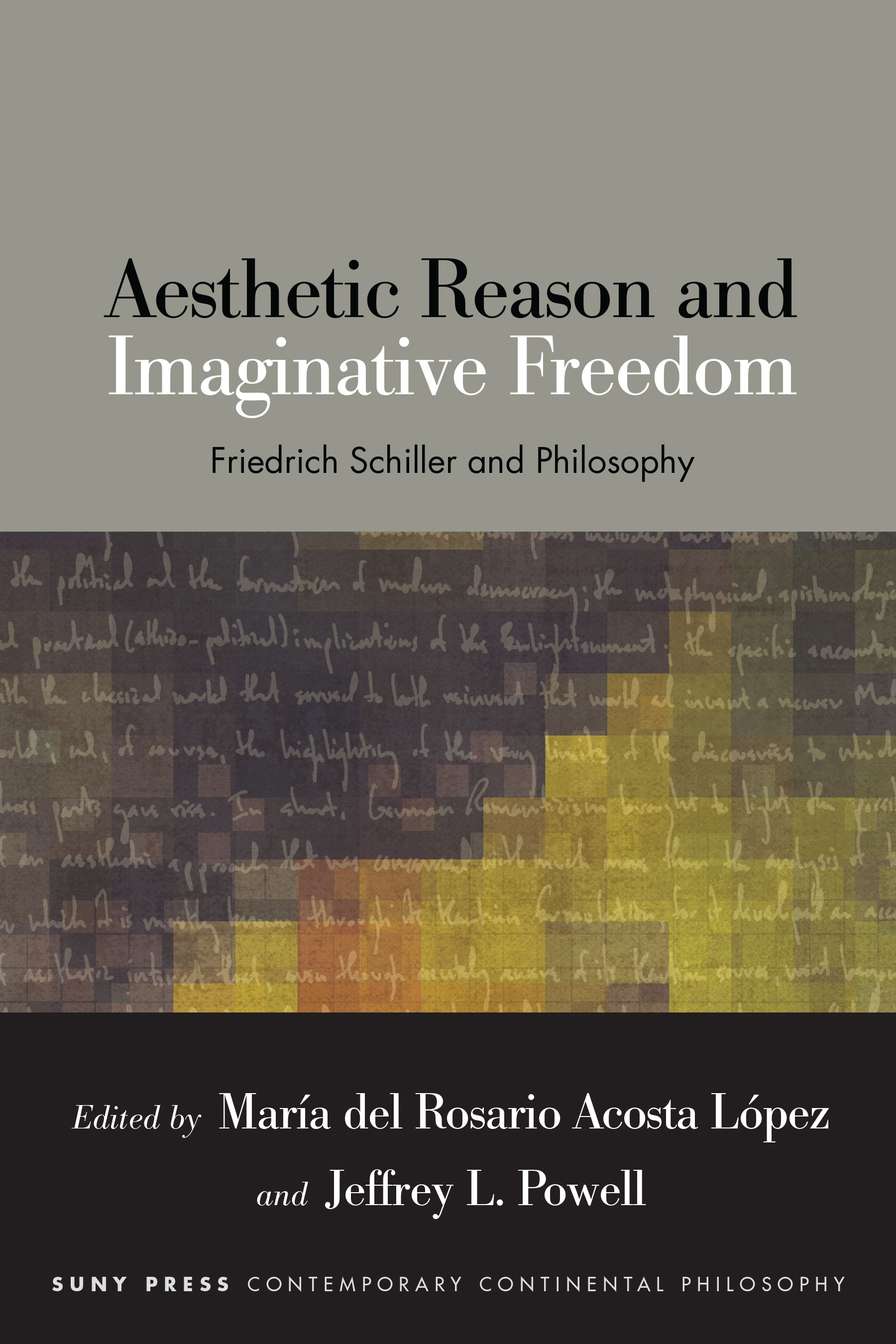 (DePaul University/Jeff Carrion)
(DePaul University/Jeff Carrion)
By: María del Rosario Acosta López, Department of Philosophy; Jeffrey L. Powell, Marshall University
"Aesthetic Reason and Imaginative Freedom" draws attention to Friedrich Schiller as a philosophical thinker in his own right. For too long, his philosophical contribution has been neglected in favor of his much-deserved reputation as a political playwright. The essays in this collection make two arguments. First, Schiller presents a robust philosophical program that can be favorably compared to those of his age, including Rousseau, Kant, Schelling, and Hegel, and he proves to be their equal in his thinking on morality, aesthetics, and politics. Second, Schiller can also guide us in our more contemporary philosophical concerns and approaches, such as phenomenology, hermeneutics, aesthetics and politics. Here, Schiller instructs us in our engagement with figures such as Walter Benjamin, Michel Foucault, Jacques Rancière, Roberto Esposito, and others.
What’s the most surprising thing you learned while writing this book? (Image courtesy of SUNY press)
(Image courtesy of SUNY press)
We realized the relevance and pertinence of a hiker like Schiller, who was writing at the end of the 18th century, for our current understanding of the political, of political critique, and of the importance of art for our lives.
Persuade someone to read your book in less than 50 words:
As a philosopher and an artist, Schiller has a privileged insight into the possible connections between these two fields. He is usually well known for his writings on the aesthetic education, but what this book makes clear is the relevance of this concept for our contemporary condition. With Schiller, this book helps us reflect on what role art plays and ought to play in our way of being in the world, with others, and how art prepares us to be and think ethically and to reshape our political realm.
About the author:
María Acosta López is associate professor of philosophy at DePaul. She teaches and conducts research on Romanticism and German Idealism, Aesthetics and Philosophy of Art, Contemporary Political European Philosophy, and Latin American studies. She has edited and co-edited more than 10 volumes in these areas in the last 10 years.
Publisher, publication date, length:
SUNY press, October 2018, 224 pages
Signed by the Author allows DePaul faculty and staff to introduce their recently published or upcoming book or chapter to the university community. To submit your book or chapter for consideration, contact Newsline.